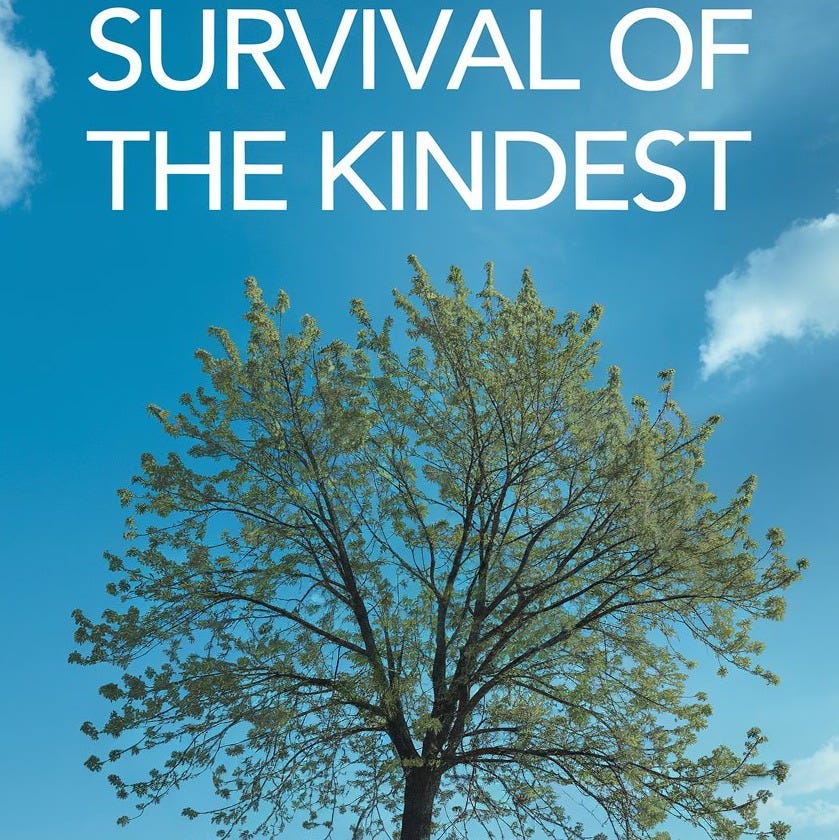The Dawn of Compassion
When my son first told me about being physically harassed by a classmate with behavioral issues, my mind raced with worry and anger. Was there more happening that he wasn't telling me? Why hadn't his teachers noticed or informed us? As assumptions and blame clouded my thoughts, I did what any parent would do - I reached out to his teacher and followed protocol. The school intervened, speaking to both kids separately before bringing them together for the expected apology. And like any protective parent, I advised my son to form boundaries by keeping his distance and be careful.
As the school principal got two boys in a room together, both faced each other. The other child, shoulders hunched and eyes lowered, mumbled his apology. My son looked at his classmate, studying his face. Then, with a smile that caught everyone off guard, he said, 'I can introduce you to my friends, so we can be friends and then we can all play together.’
While most of us adults were focused on protocols and consequences, my kindergartener son saw something else entirely: a classmate who was struggling to fit in, someone whose behavior issues had made him an outsider. And instead of holding onto hurt or anger, my son offered friendship.
It turns out, this instinct to help others isn't just admirable - it's hardwired into our DNA. Mother Nature has a clever trick up her sleeve: when we show compassion, receive it, or even just witness it, our bodies release oxytocin, flooding us with those warm, pleasant feelings. And here’s the best part, when we are compassionate with others, they often transform to meet that vision. Compassion creates its own virtuous cycle.
Numerous studies show us that compassion isn't just nice - it's necessary. Darwin (yes, that Darwin) didn't just talk about survival of the fittest; he observed that communities thrived when they practiced what he called "survival of the kindest." Turns out, being compassionate is as natural as breathing, and just as essential for survival.
Scientists have found that compassion shows up way before we learn to tie our shoes or write our names. But then a shift happens as we grow up. Somewhere between playground compassion and corporate boardrooms, many of us start to second-guess that instinct. It's like we unlearn our first language.
The Business of Being Human
Sometime back, I was in a leadership meeting when one of the company's senior leaders mentioned budget cuts. The room got quiet - that heavy kind of quiet where you can practically hear everyone's thoughts bouncing off the walls. We all knew what this meant: jobs at risk, families affected, careers disrupted. Then one of the senior leaders said, "Well, business is business," and just like that, compassion got pushed aside for practicality. Those words landed like a knockout punch to my gut - a cold, and disconnected form of leadership.
It reminded me of my son’s situation at school. While we adults were busy following protocols and filing reports, a five-year-old cut straight through to what mattered: someone was hurting, and they needed connection, not just consequences. Perhaps we should all keep a five-year-old on speed dial for our next budget meeting. Sometimes the simplest wisdom comes from the youngest voices.
A highly cited study from Harvard on workplace behavior revealed a different story from the "business is business" mentality. When researchers studied successful organizations - the ones with high performance, low turnover, and consistent innovation - guess what they found? Compassion. Not as a fluffy HR initiative, but as a fundamental human emotion. Study revealed that compassion in the workplace is about truly seeing others - noticing their struggles, connecting with their experience, and responding with genuine care. Which can show up in both our words and our presence, in how we listen as much as what we say.
When revenue plunged during the Great Recession, Bob Chapman's Barry-Wehmiller company faced a choice. Instead of defaulting to layoffs, they asked themselves: What would a family do? Their answer was to share the burden - everyone took unpaid leave rather than letting anyone go. When the downturn ended, they emerged stronger, with higher morale than ever before.
The real miracle of compassion is that it can manifest in both the profound and the practical, in leadership meetings and playground moments. Always reminding us that at our core, this is who we've always been. Isn’t that what we're all trying to find our way back to sitting in the boardroom or across the table from your loved ones at a dinner - not a perfect practice of compassion, but a more honest one. Compassion that can be fierce when needed, gentle when possible, and wise enough to know the difference.
There's an ancient Buddhist prayer that captures what most kids seem to know instinctively:
For as long as space endures
And for as long as living beings remain
Until then may I, too, abide
To dispel the misery of the world.
This is who we are.
People have carried this wisdom in their hearts for centuries, and when I think about my son's simple offer of friendship, I sense hope for what’s possible in our modern world.





More! I want to read more like this. What a positive take on human nature and our capacity to raise all of us. Thank you Amit!